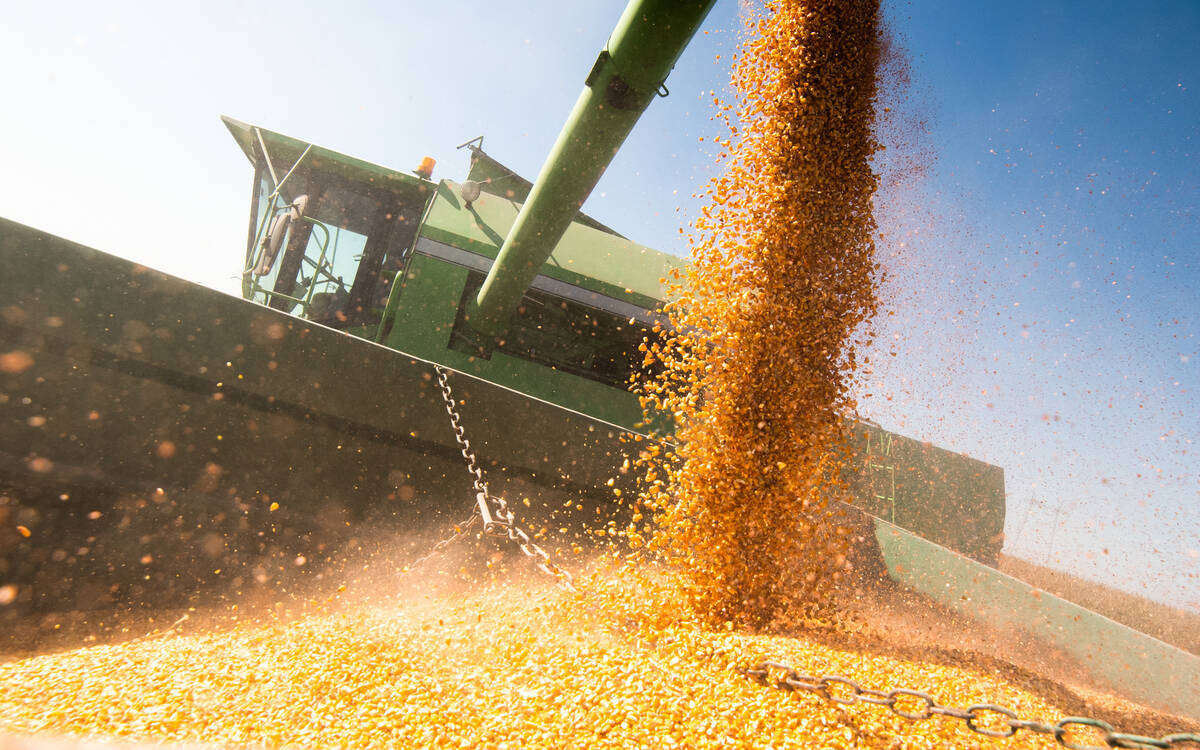MarketsFarm — India remains as the largest international buyer of Canadian lentils, despite factors affecting trade between the two countries.
While Western Canada deals with drought conditions which have likely lowered this year’s lentil crop, the Indian government’s restrictions on imports have threatened to hinder Canadian exports.
“Despite tariffs and technical measures in place that do impede trade to an extent, we still see (India) as sort of our largest market for lentils,” said Mac Ross, director of market access and trade policy for Pulse Canada.
Read Also

Feed Grain Weekly: Corn affecting barley prices in Lethbridge
Corn imports entering Lethbridge have lowered prices for feed barley compared to those in Edmonton.
“As far as peas, we continue to be shut out of that marketplace due to their quantitative restriction policy on peas. Not just Canada, but all pea-exporting countries are unable to export peas into India for the time being.”
Ross also explained that after years of these restrictions, India let them lapse last spring, causing a “de facto ban” on peas entering the country.
“These quantitative restrictions are very similar to how (India) has used their tariffs over the past four years. They’re trying to strike this balance between good prices for their farmers and good prices for their consumers,” he said.
“Obviously, the lack of predictability and transparency behind them have been a major deterrent for a lot of pulse-exporting nations.”
However, India lowered its lentil tariffs to 11 per cent a few weeks ago, an indicator of strong demand. More pulses are also being grown in the country’s kharif, or autumn crop, an increase of nearly 1.9 per cent from last year to more than 29.5 million acres, according to the U.S. Department of Agriculture, despite varying amounts of rain across the country.
But with reduced pulse production in Canada, Ross said the time is now for India to reform its trade policies.
“Their unpredictable trade policies have really caused lasting harm to not just our Canadian pulse value chain, but they contribute to volatility in global pulse supply and prices. Unfortunately, we’ll be seeing that as we move forward.”
— Adam Peleshaty reports for MarketsFarm from Stonewall, Man.















